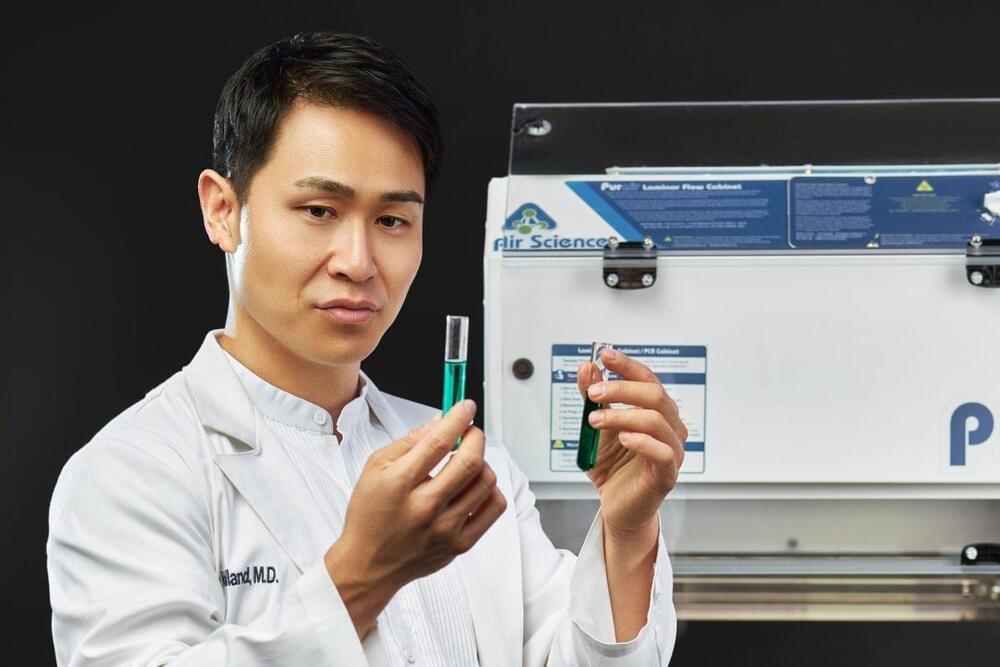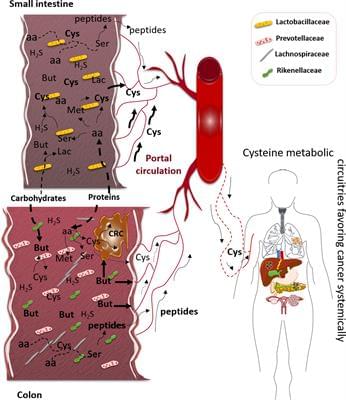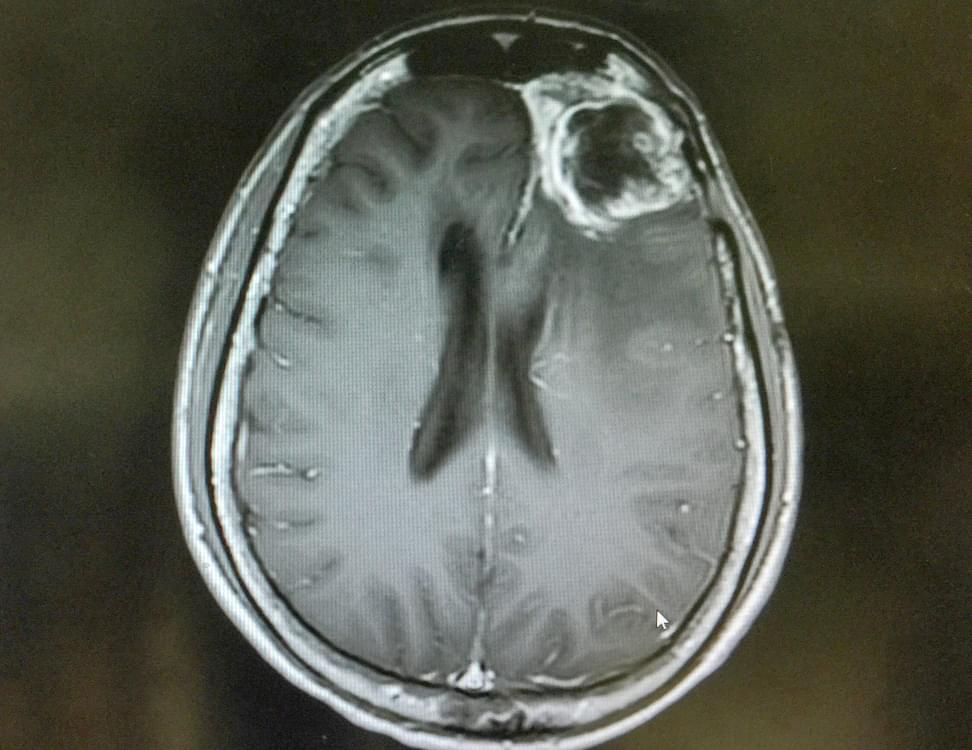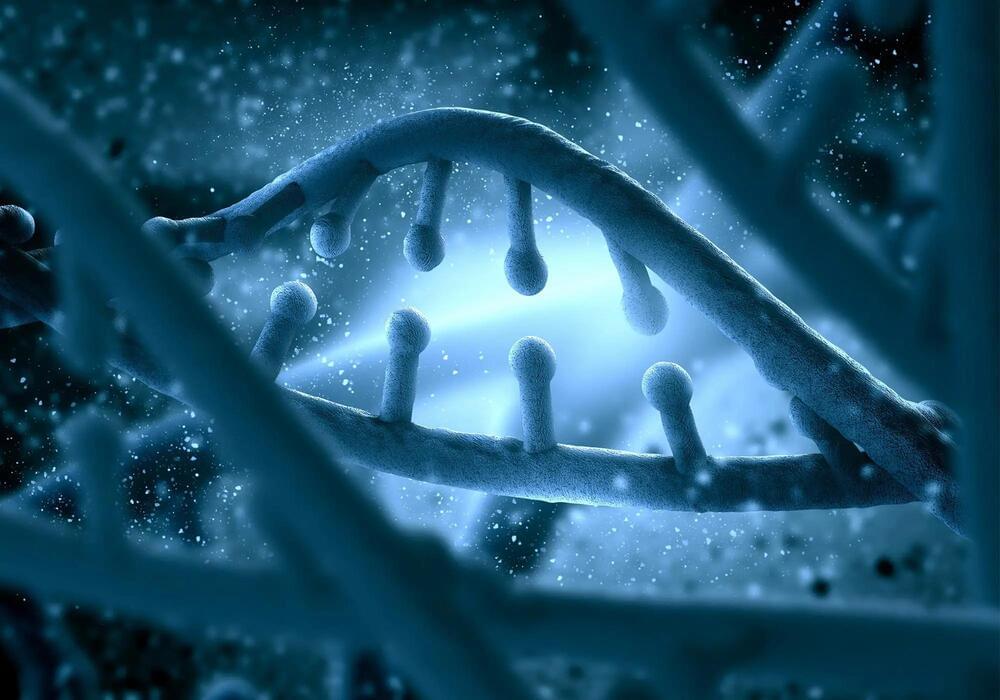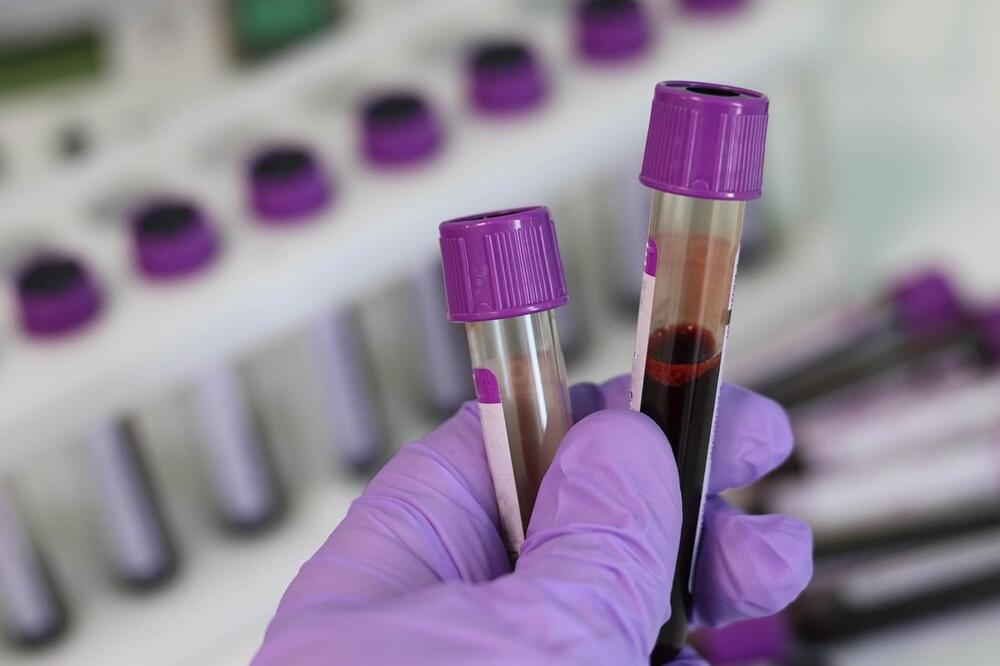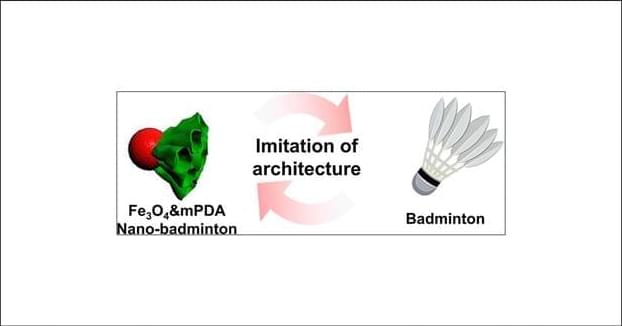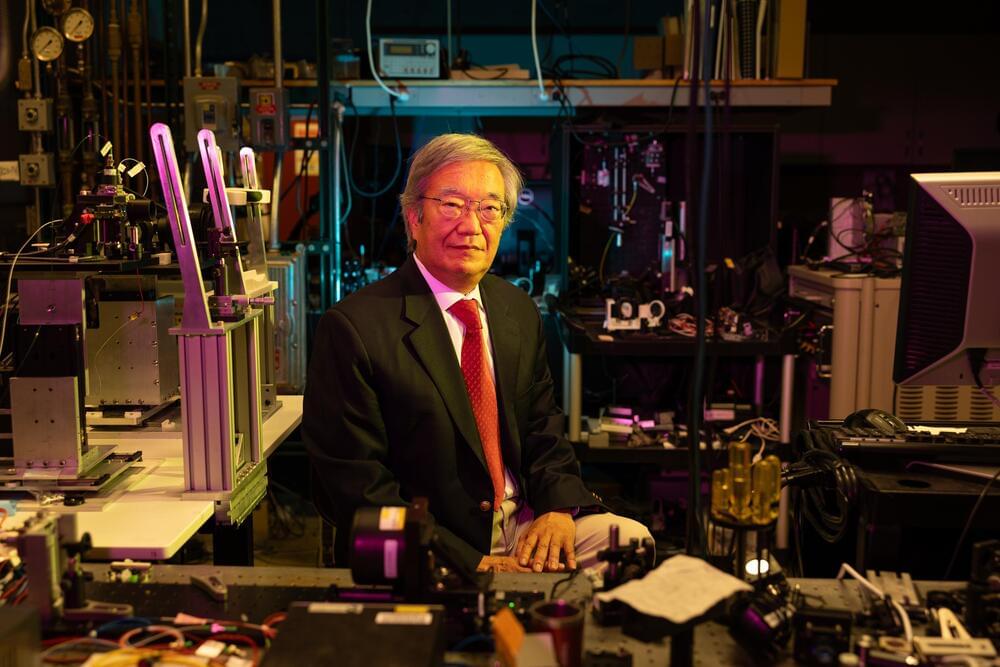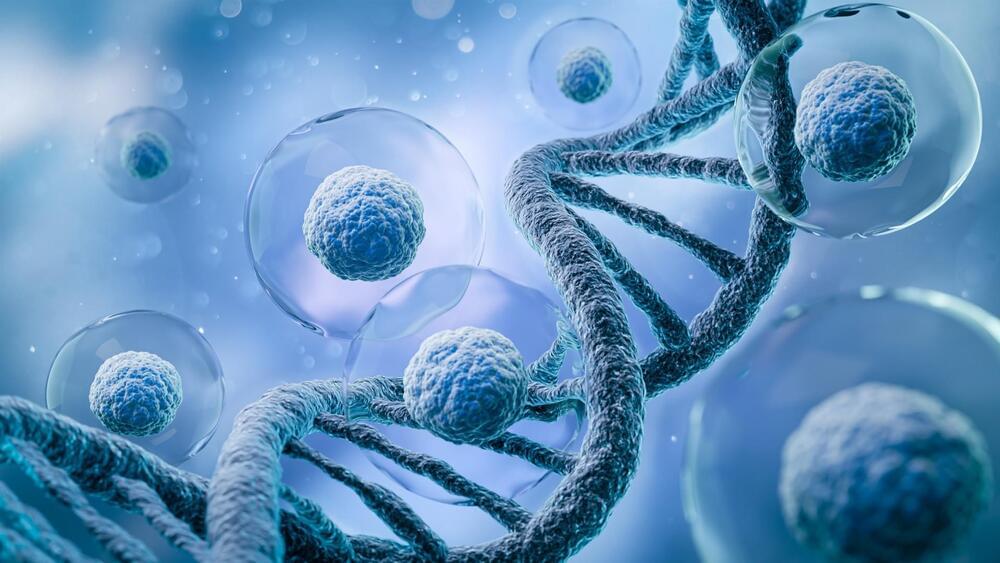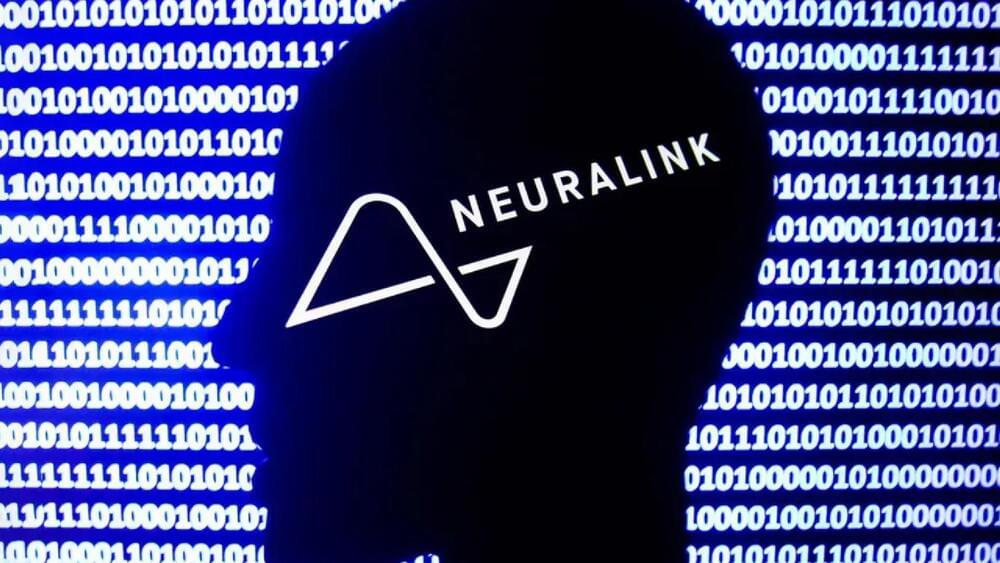This November, researchers, clinicians, and investors will descend on Miami, Florida for the annual Wonderland conference. This year, the world’s leading psychedelics conference is expanding its focus to include longevity for the first time, welcoming top speakers from across the field, from Bryan Johnson to Aubrey de Grey.
Through a series of keynotes, round table and panel discussions, and town hall open mic sessions, the event aims to explore the increasingly linked topics of psychedelic medicine, mental health, and longevity medicine.
Longevity. Technology: Every month it seems, more and more research is highlighting the connection between mental health and longevity – from accelerated biological aging to reduced life expectancy. With psychedelics simultaneously demonstrating compelling results in the treatment of mental conditions, from depression to PTSD, the synergies between longevity and psychedelic medicine are clear. We caught up with leading longevity physician Dr Halland Chen to tap into his views on recent developments in longevity medicine and its links with the psychedelic world.
